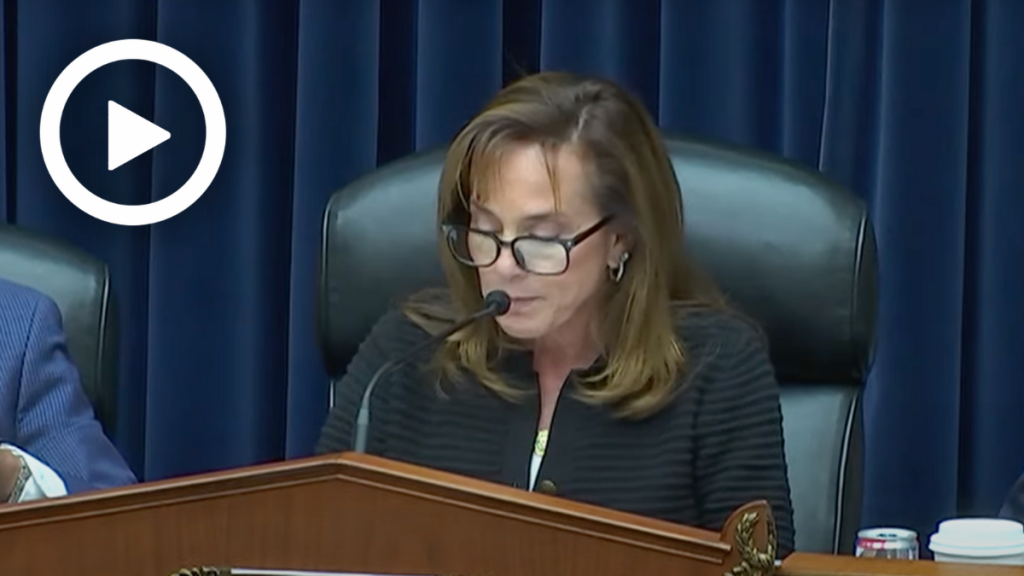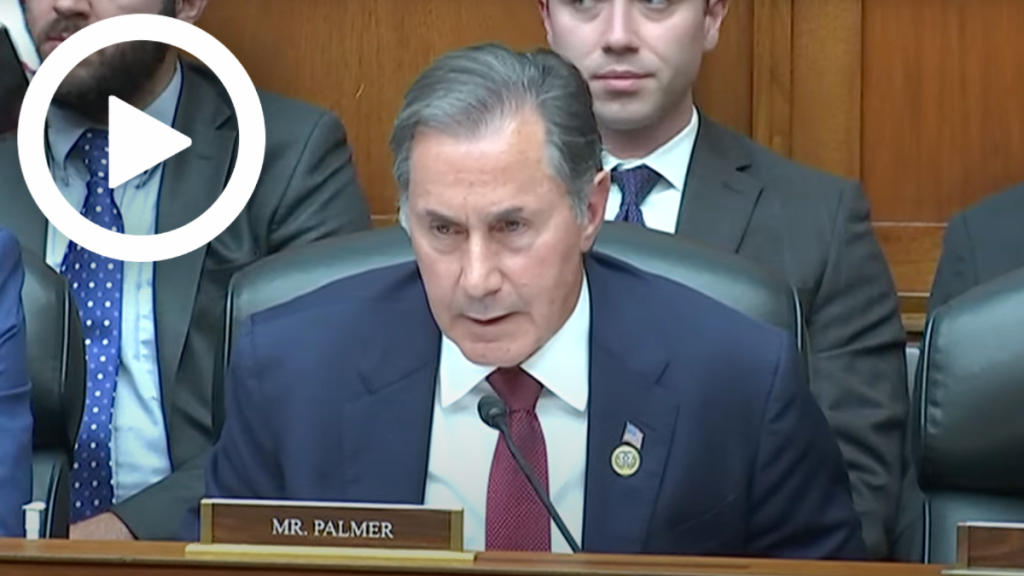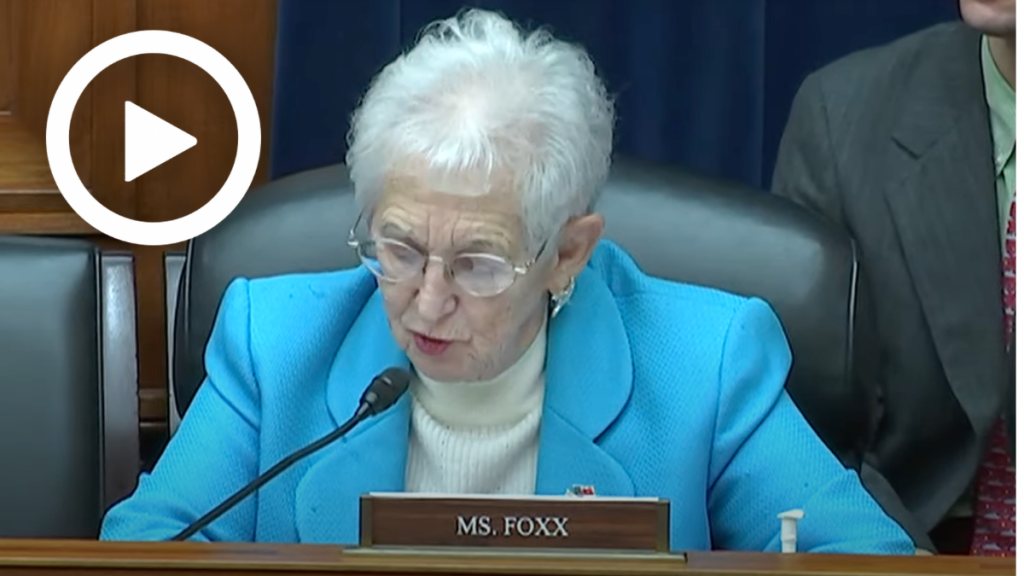Oversight Republicans Grill IRS Commissioner About Increase in Audits & Agents in Plan to Spend $80 Billion
WASHINGTON—The Subcommittee on Government Operations and the Federal Workforce and Subcommittee on Health Care and Financial Services held a joint hearing titled “Oversight of the Internal Revenue Service” with Internal Revenue Service Commissioner Danny Werfel
to examine the Internal Revenue Service’s plans to utilize an additional $80 billion in long-term funding allocated by Democrats’ Inflation Reduction Act. Oversight Committee Republicans outlined their priorities to guard against over-zealous tax enforcement by the IRS, improve customer service, and protect taxpayer data.
Key Takeaways:
Democrats’ Inflation Reduction Act included almost $80 billion in long-term funding for the IRS, so the need for strong oversight is more important than ever.
- The IRS has a history of abusing its vast power. While the agency has pledged not to use the funding it received to harass hard-working middle-class taxpayers and small business or to target certain groups, Republicans must stay vigilant to keep them at their word.
- The IRS also has a history of mismanaging its funds. During the Obama Administration, it spent millions on lavish conferences. It has IT projects that have repeatedly missed deadlines and exceeded budgets despite decades of work and billions of dollars spent. Democrats are content to cut the IRS a blank check, but Republicans are not.
The IRS must provide a clear plan of how it plans to use increased funding to address many of the agency’s problems – including the backlog of paper returns, poor customer service, leaked tax returns and lost taxpayer information.
- Director of Strategic Issues at the Government Accountability Office (GAO) Jessica Lucas-Judy discussed GAO’s review of taxpayer security. In her opening statement, she discussed the backlog of tax returns and hiring challenges.
- “IRS was late in responding to more than half its correspondence in 2022, including amended returns and identity theft documentation. We recommended that IRS communicate timeframes for resolving its backlog,” Lucas-Judy said. She added, “IRS faces challenges hiring employees and lacks information about where skills gaps exist and what skills will be needed in the future.”
The Oversight Committee will continue to seek accountability after two whistleblowers testified that their teams faced retaliation by IRS leadership after raising concern about a criminal investigation into Hunter Biden.
Member Highlights:
Subcommittee on Health Care and Financial Services Chair Rep. Lisa McClain (R-Mich.) pointed out that less than 10 percent of the $80 billion Democrats allocated to the IRS is designated for modernization and taxpayer service.
Rep. McClain: “Why can’t the IRS provide taxpayers with quality phone service…?”
Commissioner Werfel: “Let me offer two things that will help. Obviously, adding more customer service reps, training them, that’s all in process. The second thing that will help is modernizing our call center.”
Rep. McClain: “I think what you’re saying is if we can modernize our systems, people would get a return call faster. If that’s the case, then why in the Inflation Reduction Act is only roughly 7 billion targeted to system modernization and taxpayer service, and the other out of the 80 billion goes to enforcement and operational support?”
Rep. Gary Palmer (R-Ala.) pointed out that former IRS Commissioner Koskinen previously testified before the Committee that increasing audits was not an advisable way to close the tax gap.
Rep. Palmer: “One of your predecessors John Koskinen testified before this committee in 2015, and he said it would not be advisable to audit your way out of the tax gap, yet that’s exactly what you’re trying to do.”
Rep. Palmer also discussed how government auditors should be held to the same standard for tax fraud.
Rep. Palmer: If a tax filer – a private citizen – willfully concealed or manipulated a tax document, would that be a form of tax fraud?
Commissioner Werfel: “Based on the way you described it, if they willfully manipulated to misdirect or misreport that could be considered tax evasion.”
Rep. Palmer: “If government auditors were similarly found to be manipulating tax forms of private citizens, would that also be a form of tax fraud?”
Commissioner Werfel: “It’s concerning…”
Rep. Palmer: “If a private citizen altered information on a tax document, whether it’s a date or a signature from a supervisor, it would be considered tax fraud, and it would be prosecuted. It is a felony; they could have to pay up to $250,000 in fines and they could serve up to five years in prison. So, what are the penalties for IRS employees who do the same thing?”
Commissioner Werfel: “There should be accountability. […] There is no specific penalty. It depends on the circumstances.”
Rep. Virginia Foxx (R-N.C.) pressed Commissioner Werfel to guarantee that the IRS would not increase audits on middle-class Americans making less than $400,000 a year.
Rep. Foxx: “The so-called Inflation Reduction Act gave the IRS an additional $80 billion in funding. I think we can all agree that that’s an incredible amount of money. Even after Congress trimmed this amount down to nearly $60 billion in the Fiscal Responsibility Act, how many new agents does the IRS plan to hire?”
Commissioner Werfel: “We’re hiring not just agents, we’re hiring customer service reps, accountants, agents. We have published our three-year view of staffing which I’m very confident on because I can make key assumptions about needs and market trends. We are at 90,000 today, and I think over the next three years we should be over 100,000 but not much over 100,000.
Rep. Foxx: “How many tax enforcement agents out of the ones that you’ve planned to hire would there be?”
“We should be hiring about 8,000 total by the end of 2025.”
Rep. Foxx: “You are guaranteeing that you will not increase the number of audits of people making less than $400,000 a year?”
Commissioner Werfel: “That is my marching order to the IRS, and if we fall short of that, I will be held accountable for it. But we will publish those rates.”
CLICK HERE to watch the hearing.


